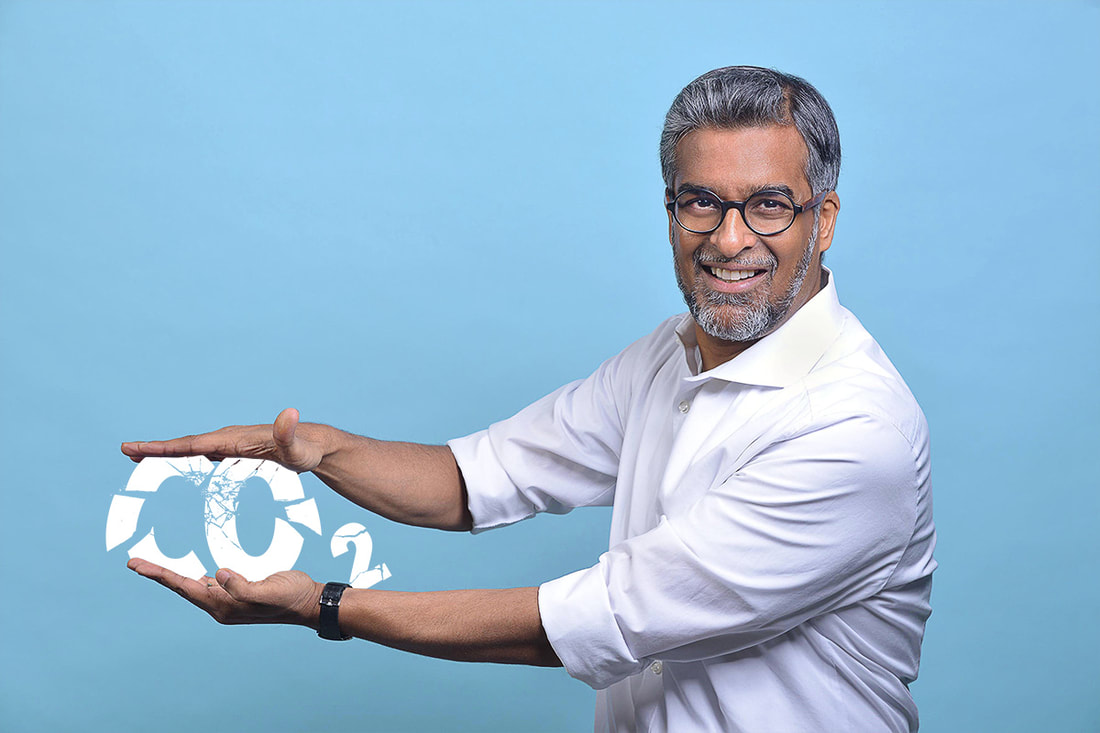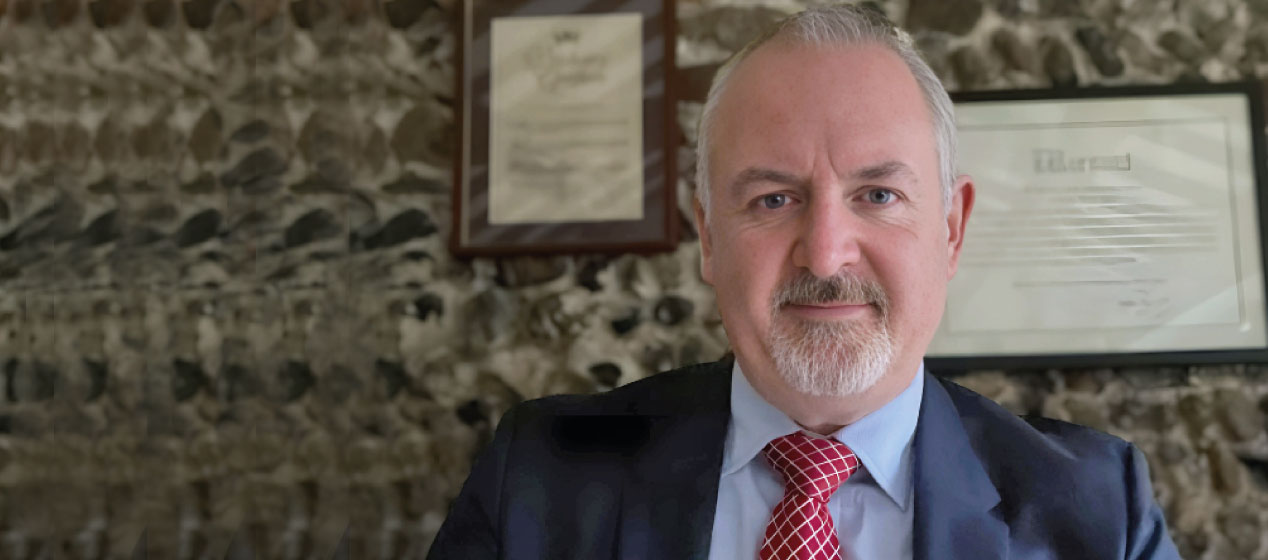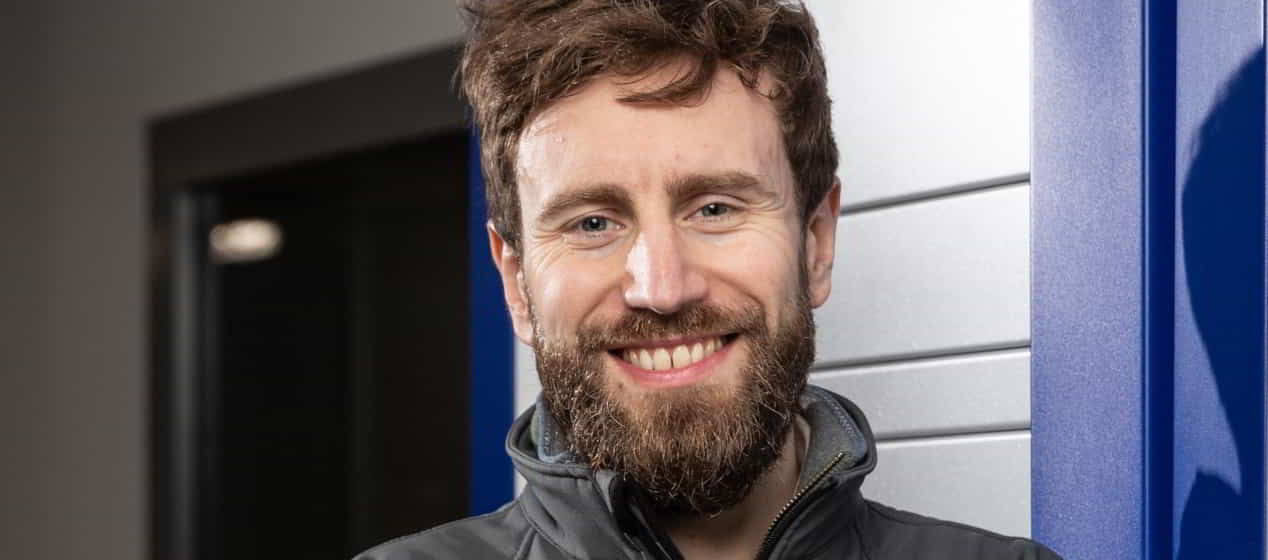NEOL’s expert interviews: Senator Apu Gosalia
Author: NEOL
As an industry with major ties to fossil fuels and often seen as environmentally detrimental, the lubricants sector faces significant sustainability challenges. To explore these issues and understand the necessary changes for a greener future, NEOL sat down with Senator Apu Gosalia, also known as ‘The Sustainalyst’, a renowned expert with over two decades of experience in the global lubricants industry and a prominent advocate for sustainable practices.
In this insightful interview, Senator Gosalia delves into the current state of the industry, the impact of regulatory frameworks like the European Green Deal, and the innovations required to drive sustainability forward. Join us as we uncover the path to a more sustainable lubricants industry and the critical steps needed to achieve this transformation.
Q: Welcome, Senator Gosalia, thank you so much for joining us. To start off, could you tell us a little bit about your background, your current role and your passion for sustainability?
Senator Gosalia: Absolutely! I spent 20 years immersed in the world of lubricants, working with Fuchs, the largest independent manufacturer. As Global Vice President Competitive Intelligence, my focus was on strategic analyses, helping the company not just growing organically, but also through mergers and acquisitions. About halfway through my time there the executive board tasked me with the additional job putting together a sustainability strategy for Fuchs and, by extension with external partners, essentially the whole lubricants industry. Thus, I took over the responsibility as Chief Sustainability Officer for the company in parallel and also co-founder and chair for both associations, the Sustainability Initiative of the German Lubricants Industry and the Sustainability Task Force of the European Lubricants Industry.
Of course, transforming an entire industry’s environmental approach isn’t something one person or one company can achieve alone, but together we hit some fantastic milestones on our journey to CO2 neutrality and my job quickly turned into a passion – one of 7 ‘P’s’ that I believe guide the world of sustainability.
Since leaving Fuchs at the end of 2019, I am working as a sustainability and strategy expert, helping various companies chart their own paths to sustainability. I also have the pleasure of lecturing and writing on the topic, and as co-chair of the Sustainability Commission in the Senate of Economy in Germany, we are working hard to weave sustainability into the fabric of economic policies.
Q: You mentioned your 7 ‘P’s’ of sustainability, could you explain a little more about what they are and why they are important?
Senator Gosalia: So, about half a century ago, there was just one ‘P’ that businesses were focussed on…profit. Thankfully, this evolved into the triple bottom line of 3 ‘P’s’ – profit, planet, and people – as we became more focussed on environmental and social issues. Profit is no doubt still essential, because without it companies can’t keep the lights on or continue to make a positive impact. But the spotlight has shifted as we’ve also become more aware of our footprint on the planet and our social responsibility to safeguard the future.
But I like to take it a step further and add three more ‘P’s’ that I find crucial in sustainability work: purpose, passion, and pleasure. These are what really fuel personal and professional fulfilment in this field and, when we’re guided by these additional ‘P’s’, we’re far more likely to see real results.
And the final 7th ‘P’ is pressure – as different stakeholders, such as consumers, suppliers, and non-governmental institutions, as well as a new generation of future employees, issue an undeniable call for businesses to step up the sustainability game.
Q: Speaking of pressure, how is the lubricants industry responding to these growing demands for sustainability?
Senator Gosalia: There is a long way to go, but the progress made is already pretty remarkable. A little over a decade ago, “sustainable lubricants” sounded like an oxymoron. Lubricants were rather seen as part of the environmental problem, not the solution.
But in recent years, the industry has flipped that around, demonstrating how lubricants can actually be a powerful ally in the fight for sustainability. By reducing friction, wear, and corrosion, lubricants have been saving energy and cutting CO2 emissions. Lately we have also started with the 3 ‘M’s’ to measure, manage and minimize the carbon footprint of lubricant companies and their products.
The challenge now is to optimise these benefits throughout the entire value chain, from the raw materials we source to how we produce and use lubricants. There’s also a big push towards increased circularity – reusing and recycling lubricants to minimise waste and lessen our environmental impact
Q: With the European Green Deal aiming for carbon neutrality by 2050, what changes or innovations are necessary for the lubricants industry to align with these goals?
Senator Gosalia: The European Green Deal is no doubt significant, but it is important to remember this is a global effort. Most countries and companies –including those outside of Europe – have set their sights on net-zero targets and, while timelines might differ a bit, achieving them is going to take a united front.
The Green Deal comprises a series of measures, the most important of which begin with the letter ‘C’ – CCF (GHG emissions accounting), CSRD (sustainability reporting), CSDDD (supply chain directive), CBAM (Carbon Border Adjustment Mechanism) or CEAP (Circular Economy Action Plan).
For the lubricants industry, aligning with these ‘C-Elements’ and goals means playing by new rules and embracing innovation. Regulations like the CBAM keep imported products in check, ensuring they meet strict environmental standards and preventing companies from simply outsourcing to skirt the rules. The CEAP is another major piece, pushing the industry to design products with reusability and recyclability baked in from the start and striving for advanced circular recycling technologies.
Q: At NEOL we have designed high-functioning, non-toxic lubricants that are recyclable and, in many cases, fully biodegradable. How important are innovations like these in driving the industry’s sustainability?
Senator Gosalia: In a word: essential. I’ve taken a close look at NEOL’s technology, and the dual focus on environmentally friendly production and enhanced performance is exactly what is needed.
Companies like yours are leading the charge by showing that it’s not just possible, but actually beneficial, to develop products that are both sustainable and more effective.
Q: There is still some resistance to change within the industry. How can this be overcome?
Senator Gosalia: Resistance is part of the territory when enacting change in any industry. But the key is perseverance and finding the right allies. Not every company is going to jump on the bandwagon early, but the pioneers pave the way for the rest.
Plus, there’s that external pressure from customers, regulations, and market trends – that’s eventually going to nudge even the most hesitant companies towards innovation.
For now, it is all about finding those forward-thinking companies ready to take the first steps and show the rest what is possible.
Thus, regarding resistance to change – and as the Greek philosopher Heraclitus of Ephesus already recognised 2,500 years ago – ‘the only constant in the universe is change’.
Q: Thank you, Senator Gosalia, for your insightful answers and for sharing your expertise!
Senator Gosalia: The pleasure was all mine! I’m always keen to discuss these important topics and I’m genuinely excited to see what NEOL can accomplish in the years to come.

